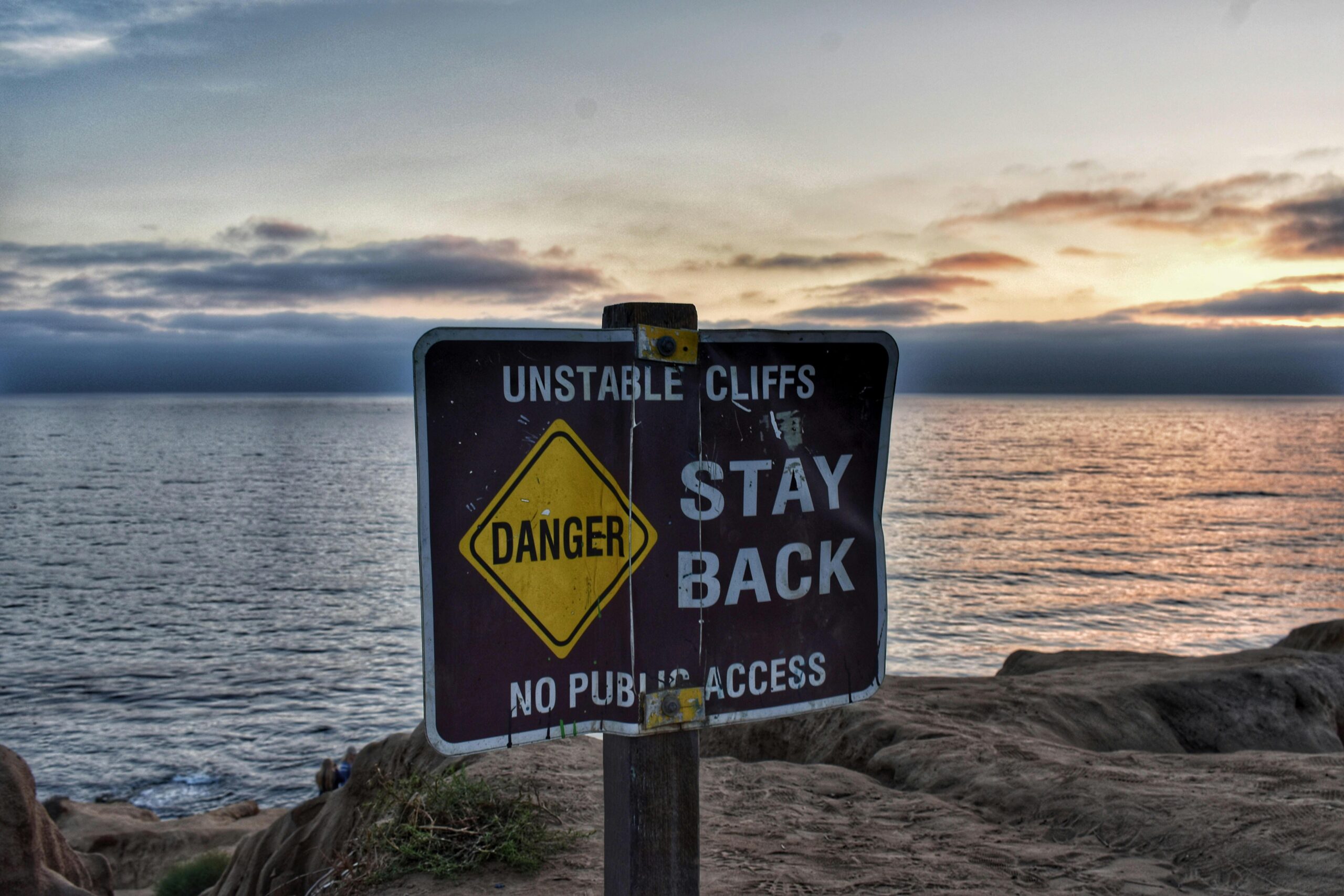Burnout goes far beyond regular tiredness; it’s a state of chronic physical and emotional exhaustion that results from prolonged stress. Life’s busy seasons come and go, but burnout settles in when stress becomes relentless, leaving you emotionally, physically, and mentally depleted. Unlike being tired, where rest can rejuvenate you, burnout creates a state where no amount of sleep seems to restore your energy, impacting everything from your mood to your health.
How Burnout Impacts Your Body and Mind
When chronic stress keeps your nervous system in fight-or-flight mode, your body responds with heightened levels of cortisol and adrenaline, leading to inflammation, immune dysfunction, and poor digestion. Burnout doesn’t just make you feel tired; it affects your prefrontal cortex, impairing focus and decision-making, while also heightening emotional responses through the amygdala. You may even feel numb or disconnected from others, as burnout drains your ability to connect emotionally.
Warning Signs You’re Heading for Burnout
Recognizing burnout early can help prevent a full-scale breakdown. Here are four common signs:
1. Overwhelm with Small Tasks: When everyday tasks feel monumental, your nervous system may be on overload, depleting your ability to cope with even minor stressors.
2. Procrastination: You avoid responsibilities because even starting feels exhausting, often slipping into freeze mode as a way to cope.
3. Nonexistent Self-Care: You may neglect things like exercise, healthy eating, or even basic hygiene because everything feels too hard.
4. Feeling Wired but Tired: Burnout can make you feel both physically exhausted and mentally overstimulated, as your body remains stuck in hyperarousal, struggling to differentiate between work and rest.
Steps to Start Healing from Burnout
1. Set Boundaries: Protect your energy by saying no to tasks that don’t align with your priorities.
2. Prioritize Basic Self-Care: Recommit to fundamental needs like sleep, hydration, and nutrition. These are essential, not luxuries.
3. Reevaluate Your Values: Make sure your energy aligns with what truly matters to you, reducing the risk of overcommitting to what doesn’t serve you.
4. Seek Support: Lean on trusted friends or professionals. Human connection can be deeply healing during times of burnout.
Burnout recovery isn’t just about recharging; it’s about reclaiming your energy, your purpose, and your joy. Take small steps each day to honor your needs, knowing that burnout doesn’t define you. By setting boundaries, prioritizing self-care, and reaching out for support, you’re creating a life that aligns with what truly matters. Remember, healing is a journey, not a destination. Embrace this path with patience and self-compassion, knowing that you’re building a foundation for resilience, peace, and a future filled with possibilities. You’ve got this.
MY BURNOUT RECOVERY STORY + $10 OFF HAPPY JUICE
Have a question you’d love Michelle to answer on the podcast? “Ask Michelle a Question.” Click this link, record your message, hit send, and I’ll answer it in a future episode!

+ show Comments
- Hide Comments
add a comment